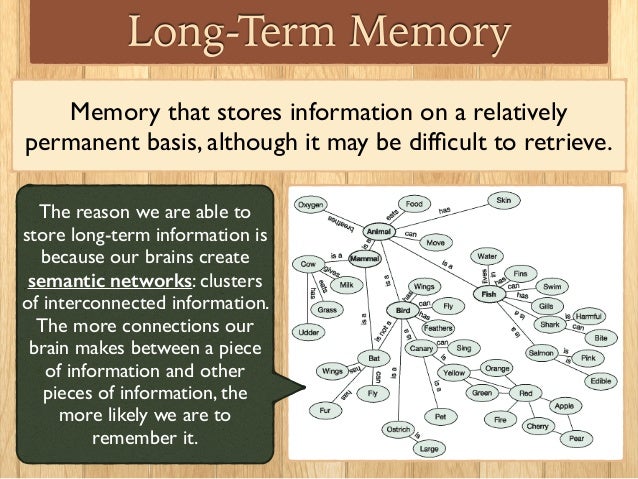


These interconnected memories make it much easier for you to relive and retrieve your memory of that dinner.įormer QI host, Stephen Fry, credits his curiosity with his extraordinary memory. How is this so? Your memory of dinner from seven years ago has so many other associations: the people you were with, the restaurant’s décor, the conversations you had, your other memories of that day.

I bet you can’t remember every meal you’ve had for the last seven days, but you might remember a dinner out you had on holiday seven years ago. Most of us have strong visual memories, but inter-connections and associations also improve our memory. Eidetic memory is also much more common in children, with an estimated 2-10% of children possessing this ability, but it typically fades during adolescence. The aforementioned Akira Haraguchi credits an eidetic memory, alongside his mnemonic system, with his success. The evaluator removes the image, and the individual is then asked to describe it in minute detail.Įidetic memory, though rare, is a genuine phenomenon. The gold standard for assessing whether someone has an eidetic memory is the Photo elicitation method, where a person stares at an image for up to thirty seconds. Eidetikers can reconstruct an image that they’ve seen with extreme accuracy, with an ‘impression’ of the image remaining visible to them for anything between thirty seconds and several minutes. One explanation for such impressive feats of memory is that individuals possess eidetic memories rather than photographic ones. For instance, in 2006, Akira Haraguchi, a retired Japanese engineer, recited 100,000 digits of pi from memory at a public event in Kisarazu. In popular culture and history, there’s also evidence that some individuals possess extraordinary memories. Their ability is probably put down to them being ‘lucky,’ or them having a ‘photographic memory’ which enables them to retrieve any information they wish at will. So Do People With Photographic Memories Exist?Īnecdotally, we’ve probably all heard of someone with a ‘photographic memory.’ Perhaps you have a friend who rarely revises before exams but continually comes out with outstanding grades. But as it turns out, memory is much more complex than the concept of a ‘photographic memory’ would lead us to believe. For many people, especially students, such a talent offers the potential to achieve incredible academic feats. ‘Photographic memory’ conjures up – fittingly enough – the image of a person who can retrieve, at will, information or facts as though they were looking at a photograph. Posted by: Jessica Beasley at 10:00 am, August 5, 2021


 0 kommentar(er)
0 kommentar(er)
